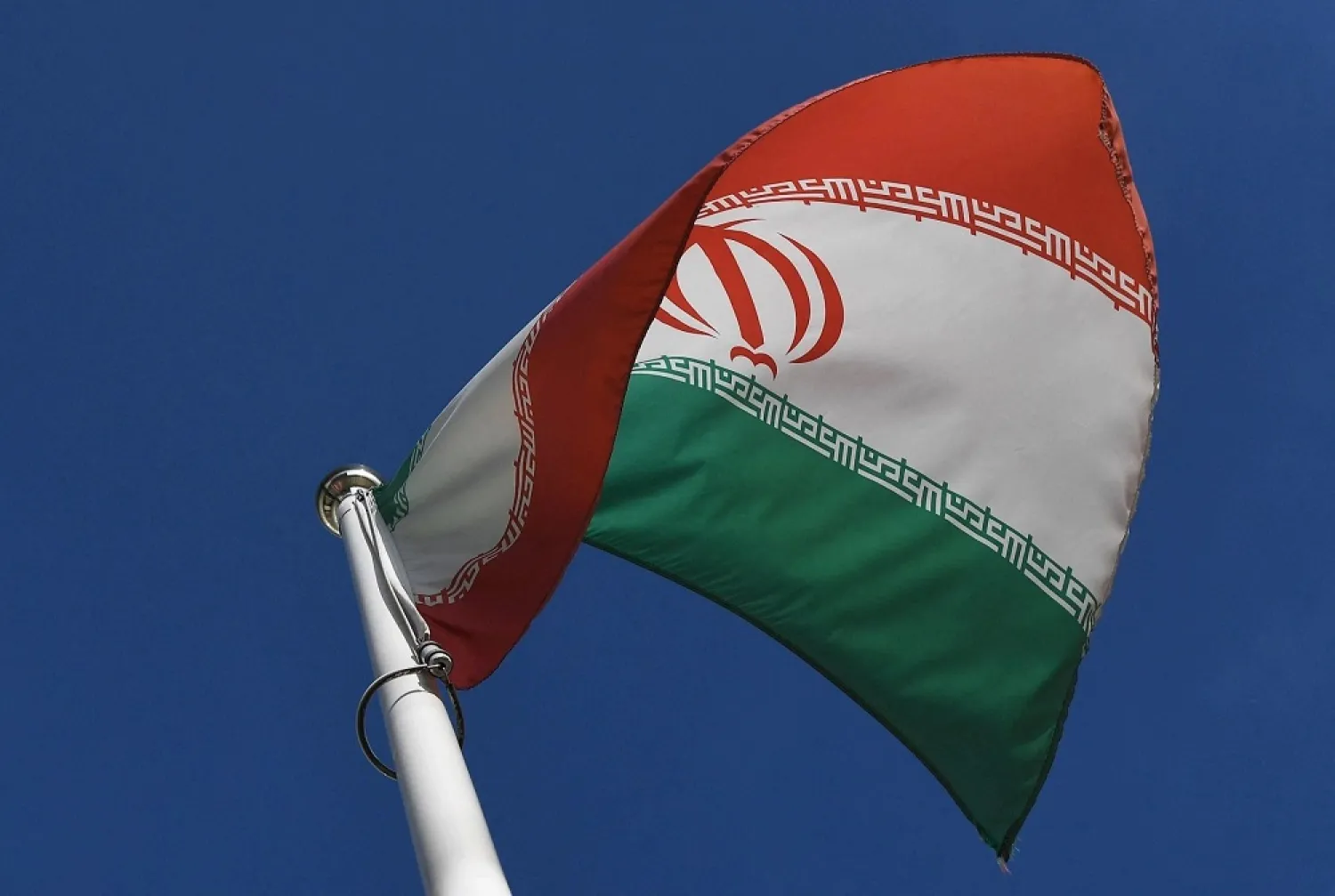Iran repeated Monday its insistence its nuclear program was peaceful, two days after the US, Britain, France and Germany expressed their “grave” concern on the sidelines of a G20 meeting.
Foreign ministry spokesman Saeed Khatibzadeh told reporters in Tehran that Western positions were “incompatible with reality and will not bring constructive results”.
The Western statement on Saturday, a joint declaration after bilateral meetings by leaders on the sidelines of the G20 meeting in Rome, followed their discussions of Iran’s offer to resume discussions on reviving the 2015 nuclear deal.
The accord between Iran and six world powers to find a long-term solution to the crisis over its nuclear program has been moribund since former US president Donald Trump walked out in May 2018 and imposed sweeping sanctions.
Iran held six rounds of indirect negotiations in Vienna with US President Joe Biden’s administration on returning to the 2015 deal, but talks went on hiatus in June as a new ultraconservative government took office in Tehran.
The Western statement on Saturday expressed their “determination to ensure that Iran can never develop or acquire a nuclear weapon”.
It said that Tehran “has accelerated the pace of provocative nuclear steps, such as the production of highly enriched uranium and enriched uranium metal.”
It added that “Iran has no credible civilian need for either measure, but both are important to nuclear weapons programs.”
‘Belligerent logic’
Iran’s Khatibzadeh said that was not correct.
“Contrary to the statement, the production of uranium metal and highly enriched uranium, as already asserted in the past, is carried out for peaceful purposes and for civilian uses, including for medical supply and for use as fuel in the Tehran research reactor,” said the foreign ministry spokesman.
Last week, Iran said it would resume talks with world powers in November on reviving the 2015 Joint Comprehensive Plan of Action on the nuclear program, after a five-month gap in the face of mounting warnings that international patience was wearing thin.
“When these talks begin... in the next two or three weeks, Iran will follow them with particular attention because negotiating to negotiate is not part of its politics,” Khatibzadeh said, adding that the Vienna talks would not be held at a ministerial level.
Biden has said he is ready to re-enter the agreement so long as Iran also returns to full compliance by rolling back nuclear activities that it undertook in response to Trump’s sanctions.
But Khatibzadeh, accusing the European parties to the agreement in particular “of inaction in the fulfillment of their obligations”, said Iran wanted to see Washington take action.
“The criterion for us is the action of the other party,” he said.
“Contrary to their statements, the US administration continues to pursue a policy of maximum pressure which leads to new sanctions or the reimposition of sanctions previously lifted.”
On Friday, the US Treasury hit Iran’s drone program with sanctions, saying that lethal unmanned aerial vehicles from the Revolutionary Guard Corps had been used to attack US forces and international shipping in the Gulf region.
Tehran said it was not impressed by US actions, urging Washington to move away from the “extremist and belligerent logic of the previous administration” of Trump.
“The United States knows better than anyone that its only option is to abide by the rule of law, and respect the rights of nations,” Khatibzadeh said.
“Iran has confidence in its military and security capabilities,” he added.









